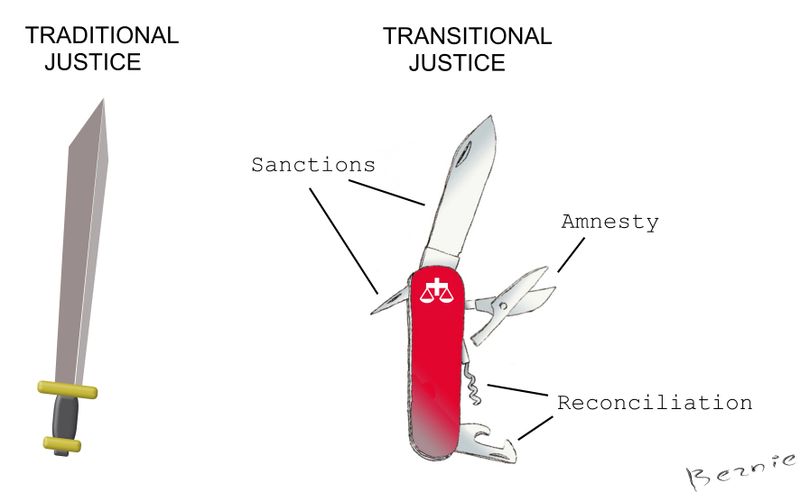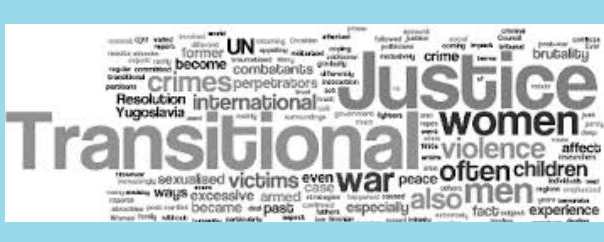Yahapalanaya at 1: Is Transitional Justice in Crisis? – Niran Anketell
Transitional Justice

 In October 2015, the Sri Lankan government took a giant stride towards reconciliation when it co-sponsored a historic resolution at the Human Rights Council. Despite howls of protest from fringe elements within the Sinhala and Tamil community who opposed it, the Resolution was defended stoutly by mainstream members of both ruling parties, the SLMC and the TNA at a two-day Parliamentary debate also in October. However, as I noted in an article published last year, the Government’s attempt to fudge the question of international participation in trials was, to put it mildly, asking for trouble. My concern was that:
In October 2015, the Sri Lankan government took a giant stride towards reconciliation when it co-sponsored a historic resolution at the Human Rights Council. Despite howls of protest from fringe elements within the Sinhala and Tamil community who opposed it, the Resolution was defended stoutly by mainstream members of both ruling parties, the SLMC and the TNA at a two-day Parliamentary debate also in October. However, as I noted in an article published last year, the Government’s attempt to fudge the question of international participation in trials was, to put it mildly, asking for trouble. My concern was that:
…instead of patiently doing the work of explaining the importance of a substantial international component in trials relating to serious crimes, the government has chosen instead to play word games, proudly claiming that it has averted the dreaded hybrid court.
At that time, as I pointed out, it was clear that:
..the current trajectory is a dangerous one. If the government is eventually forced to deliver on its unequivocal promises, it risks allegations of betrayal from within its constituency. If however it reneges on its commitments, it risks international censure from without and will inflame Tamil opinion from within.
Just four months after it signed off on the Geneva resolution, the government’s fudge has come home to roost. President Sirisena’s blunt rejection of any international participation in trials has triggered domestic and international concern over the sincerity of the Yahapalanaya government. Even as the Prime Minister and others scramble to repair the damage, their approach is nonetheless characterized by incoherence because they are unwilling to explicitly commit to any degree of international participation. The reason for this unwillingness is clear: delivering a special court to try international crimes with substantial international participation will involve some political cost. However, this cost will continue to rise if the government does not speedily create an enabling political atmosphere within which that cost is managed. By continuing to fudge the question, the government isn’t merely delaying the inevitable; it is also making things more difficult.
